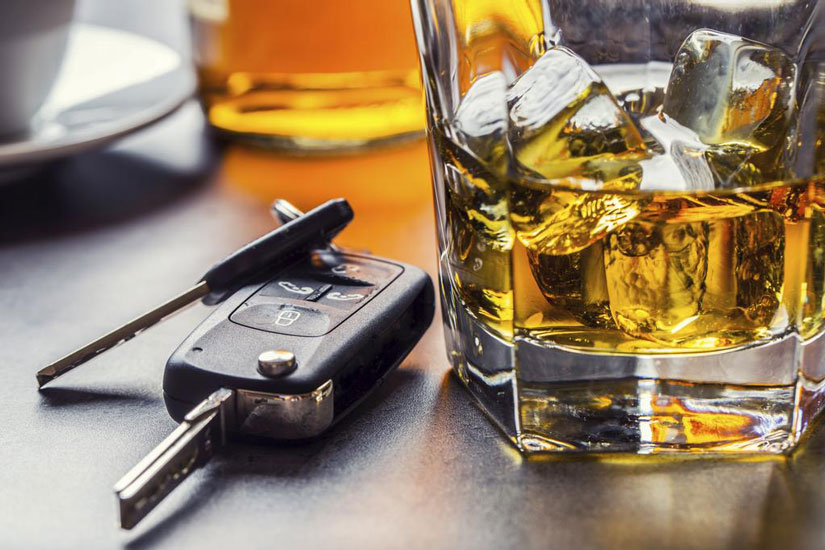A police officer who pulls you over may instruct you to provide a breath sample to detect alcohol in your system. If they have an Approved Screening Device (ASD) in their patrol vehicle, they may ask you to blow into the breathalyzer at the roadside. If the result indicates FAIL, you will be arrested immediately.
Failing or refusing to comply with the officer’s breathalyzer request will result in criminal charges with severe penalties. It’s crucial to follow proper breathing procedures; otherwise, the police might interpret it as a refusal, leading to criminal charges as well.
However, be aware that a police officer can arrest you without administering a breathalyzer test if they have reasonable grounds to suspect you’re driving with a blood alcohol level above the legal limit. To establish reasonable grounds, they must rely on various objective factors such as red eyes, alcohol odour on your breath, a dry mouth, or an unsteady gait.
Arrest following a positive breathalyzer test
Upon arrest, you are entitled to certain rights protected by the Canadian Charter of Rights and Freedoms. If the police officer fails to uphold your rights during the arrest, the evidence they have collected against you may be dismissed during the trial. Here are the primary legal safeguards you are entitled to:
The right to know the reasons for your arrest
When you are arrested, the police officer must explain to you in layman’s terms the reasons for your arrest.
The right to speak to a lawyer
When you are arrested, the police officer must inform you of your right to speak to a lawyer. It is a fundamental right from which you benefit. As soon as possible after your arrest, the police must allow you to see a lawyer in private. You can choose a lawyer of your choice or a legal aid lawyer, for example.
The right to remain silent
As soon as you are arrested, you can remain silent and say nothing to the police officer to avoid any statement on your part that could put you at a disadvantage and be used against you during the trial. The police officer must inform you of this right.
What if my breathalyzer reading is below 80mg/100ml?
It is wrong to believe that impaired driving charges can only be brought against you if your blood alcohol level is above the legal limit of 80 mg/100 ml. Indeed, it is possible that your blood alcohol level is below the legal limit, but that your ability to drive is still impaired by the effect of alcohol and this would also lead to criminal charges. This is often the case when you consume alcohol and are tired, for instance. This combination could cause you to have symptoms of impairment and could therefore be charged under the Criminal Code.
Furthermore, reconsider the idea of taking a nap in your vehicle to “sober up” without the fear of arrest, as it may not be a solution. If a police officer encounters you while you are resting in your car, you could be charged with being in the care or control of your vehicle while impaired by the effects of alcohol. This applies even if your intention was not to drive but to wait for a taxi or a friend. You may face similar consequences as someone arrested for drunk driving and will need to present your defence in court during a trial.
The consequences outlined in both the Highway Safety Code and the Criminal Code for impaired driving offences are extremely severe. When you admit guilt or are convicted of impaired driving, the Criminal Code prescribes significant penalties, including a mandatory minimum fine starting at $1,000, which may vary depending on the circumstances. Additionally, a minimum one-year driving prohibition is imposed. The severity of the penalties depends on various factors such as whether it’s a first-time or repeat offense, or if your blood alcohol level exceeds double the legal limit. Furthermore, a conviction automatically results in a criminal record.
How are my demerit points affected by drinking and driving?
The demerit points you accumulate remain on your driving record for two years following the date of your conviction. After this period, they will be erased from your file. However, if excessive speeding is involved, the points will be erased after two years, but will remain visible in your driving record for ten years!
What to do if you are arrested for driving while under the influence
If you are facing criminal charges related to impaired driving, we strongly encourage you to reach out to a traffic lawyer immediately. We are committed to providing you with a robust defence and increasing the chances of a favourable outcome in your case.







